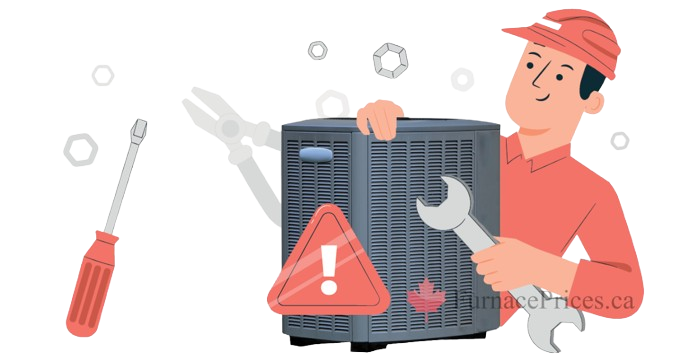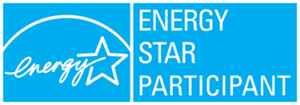Napoleon At a Glance
Air Conditioner Troubleshooting Wizard
What’s Wrong With Your Napoleon Air Conditioner?
Air not blowing properly?
Unit smells?
Low refrigerant?
Not cooling correctly?
Dirty or corroded coils?
Seized compressor?
Air Conditioner Error Codes
Error Codes
| Fault | Description |
|---|---|
| Unit will not operate | Power disconnected or loose connection |
| Blown fuse / breaker tripped | |
| Thermostat out of calibration is set too high | |
| Contactor defective | |
| Transformer defective | |
| High pressure control open (if provided) | |
| Outdoor fan on; Compressor off | Run or start capacitor defective |
| Start relay defective | |
| Loose wire | |
| Compressor stuck, grounded or open motor winding, open internal overload | |
| Too little cooling | Low voltage condition |
| Improperly sized unit | |
| Improper indoor airflow | |
| Incorrect refrigerant charge | |
| Air, non-condensables or moisture in system | |
| Compressor operates in short cycles | Incorrect voltage |
| Defective overload protector | |
| Refrigerant undercharge | |
| High head pressure; Low suction pressure | Restriction in liquid line, expansion device or filter drier |
| Lack of sufficient indoor airflow | |
| High head pressure; Normal suction pressure | Dirty outdoor coil |
| Refrigerant overcharge | |
| Outdoor fan not running | |
| Air or non-condensables in system | |
| Low head pressure; High suction pressure | Expansion device stuck in open position |
| Defective compressor valves | |
| Low suction pressure; Compressor cool; Ice on indoor coi | Low indoor airflow |
| Operating below 65degF outdoors | |
| Moisture in system | |
| High suction pressure; or fluctuating head and suction pressures | Excessive load |
| Defective compressor | |
| TXV hunting | |
| Air or non-condensibles in system | |
| Pulsing noise at expansion device or liquid line | Air or non-condensibles in system |
| Registers sweat | Low indoor airflow |
Napoleon Air Conditioner Repair Costs







